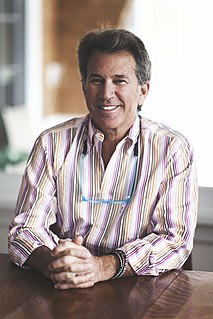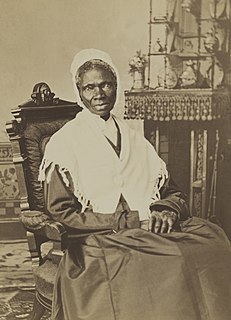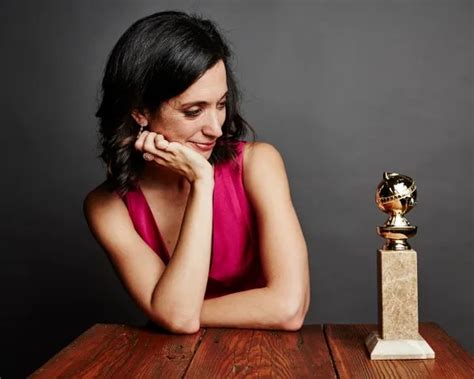A Quote by Elliott Abrams
It’s unlikely to change – there’s nothing in King Salman’s past as governor of Riyadh for about forty years that suggests that he was particularly a reformer, not on the role of women, not on democratic development. There’s been a rumor in the last couple of days that he said to someone in an e-mail that he’s in favor of a constitutional monarchy, but I would be surprised if the level of repression started to go down … I think the kind of thing that we would view as significant reforms is unlikely.
Quote Topics
About
Been
Change
Constitutional
Constitutional Monarchy
Couple
Days
Democratic
Development
Down
Favor
Forty
Forty Years
Go
Governor
Kind
King
Last
Level
Mail
Monarchy
Nothing
Particularly
Past
Reformer
Reforms
Repression
Riyadh
Role
Rumor
Said
Significant
Someone
Started
Surprised
Thing
Think
Unlikely
View
Women
Would
Would Be
Years
Related Quotes
Nothing can be more evident, than that an exclusive power of regulating elections for the National Government, in the hands of the State Legislatures, would leave the existence of the Union entirely at their mercy . . . . It is to little purpose to say that a neglect or omission of this kind [not letting the feds have elections], would be unlikely to take place. The constitutional possibility of the thing, without an equivalent for the risk, is an unanswerable objection.
One of the things cognitive science teaches us is that when people define their very identity by a worldview, or a narrative, or a mode of thought, they are unlikely to change-for the simple reason that it is physically part of their brain, and so many other aspects of their brain structure would also have to change; that change is highly unlikely.
Oil policy, policy toward the United States, policy toward Iran, Bahrain, Yemen, very unlikely, I think, to see significant change. These policies were the policies that had a wide family consensus. The question I think would be if the king becomes sick, whether you have weak Saudi leadership in the Arab world and the Middle East rather than strong Saudi leadership, but I think the fundamental policies will continue, the ones we’re familiar with under King Abdullah.
My experience to date has been that change, particularly relative to business, rarely happens in a revolutionary way. That isn't to say there are not times when major change happens, but my experience is that particularly when you're encouraging businesses to change of their own volition, the change is more slow over time. I don't think global trade is going to go away. I think it's unlikely that global trade and multinationals are not going to be around.
In a democracy, every ordinary citizen is effectively a king--but a king in a constitutional democracy, a monarch who decides only formally, whose function is merely to sign off on measures proposed by an executive administration. This is why the problem with democratic rituals is homologous to the great problem of constitutional monarchy: how to protect the dignity of the king? How to maintain the appearance that the king effectively makes decisions, when we all know this not to be true?
I'm not surprised that Governor Dean would oppose [the $87 billion to fund Iraq reconstruction].... I've lost confidence that he has any understanding of the national security responsibilities of a President... [b]ecause I don't believe that he has any understanding of the international role that the United States has to play in the world. I think it's a kind of a pseudo-isolationism that appeals to the base of the caucus voters. I do not believe that particularly in the case of Iraq that Governor Dean has any fundamental understanding of what's at stake here.
Deng Xiaoping thought of himself as a great revolutionary and a great reformer. He had dismantled the Chinese communist management of the economy. In my next-to-last conversation with him, which was about six months before Tiananmen Square, he said to me that his aim would be the next phase to reduce the Communist Party to philosophical issues. And I said, "What's a philosophical issue?" And he said, "Well, like if we make an alliance with Russia." Given his view of Russia, that was not the likeliest thing that would ever happen.
But this man had set down with a hammer and chisel and carved out a stone water trough to last ten thousand years. Why was that? What was it that he had faith in? It wasn't that nothin' would change. Which is what you might think, I suppose. He had to know better'n that. I've thought about it a good deal. . . And I have to say that the only thing I can think is that there was some sort of promise in his heart. And I don't have no intentions of carvin' a stone water trough. But I would like to be able to make that kind of promise. I think that's what I would like most of all.
It's significant that four out of the five nominated comedies were run by women. That's not by accident. Women are storytellers, too. What's particularly exciting is that when it started to change, it changed very quickly, which I think indicates that women have been waiting in the wings for a long time and were ready to take storyteller center stage.
Now the masses of Latin America are electing governments they feel can take forward the democratic reforms of the last 20 years, and transform them into social and economic reforms. This is, I think, extremely important, because it also means that the left has abandoned the revolutionary solution proposed by Che Guevara and has taken the democratic path.



































